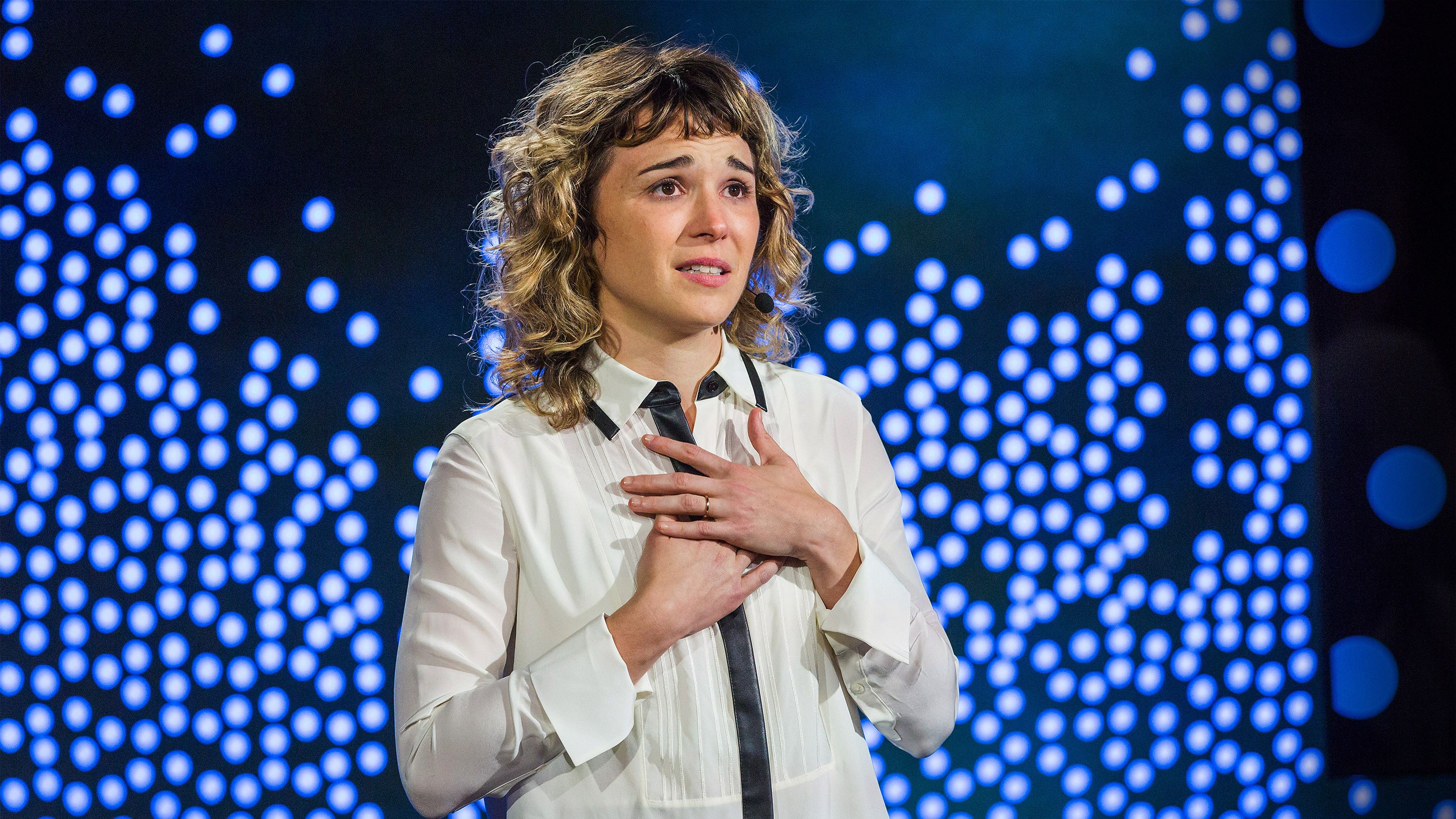How my dad's dementia changed my idea of death (and life)
1,310,576 views |
Beth Malone |
TED Residency
• June 2017
With warmth and grace, Beth Malone tells the deeply personal story of her dad's struggle with frontotemporal lobe dementia, and how it changed how she thinks about death (and life). A moving talk about a daughter's love -- and of letting go and finding peace.
